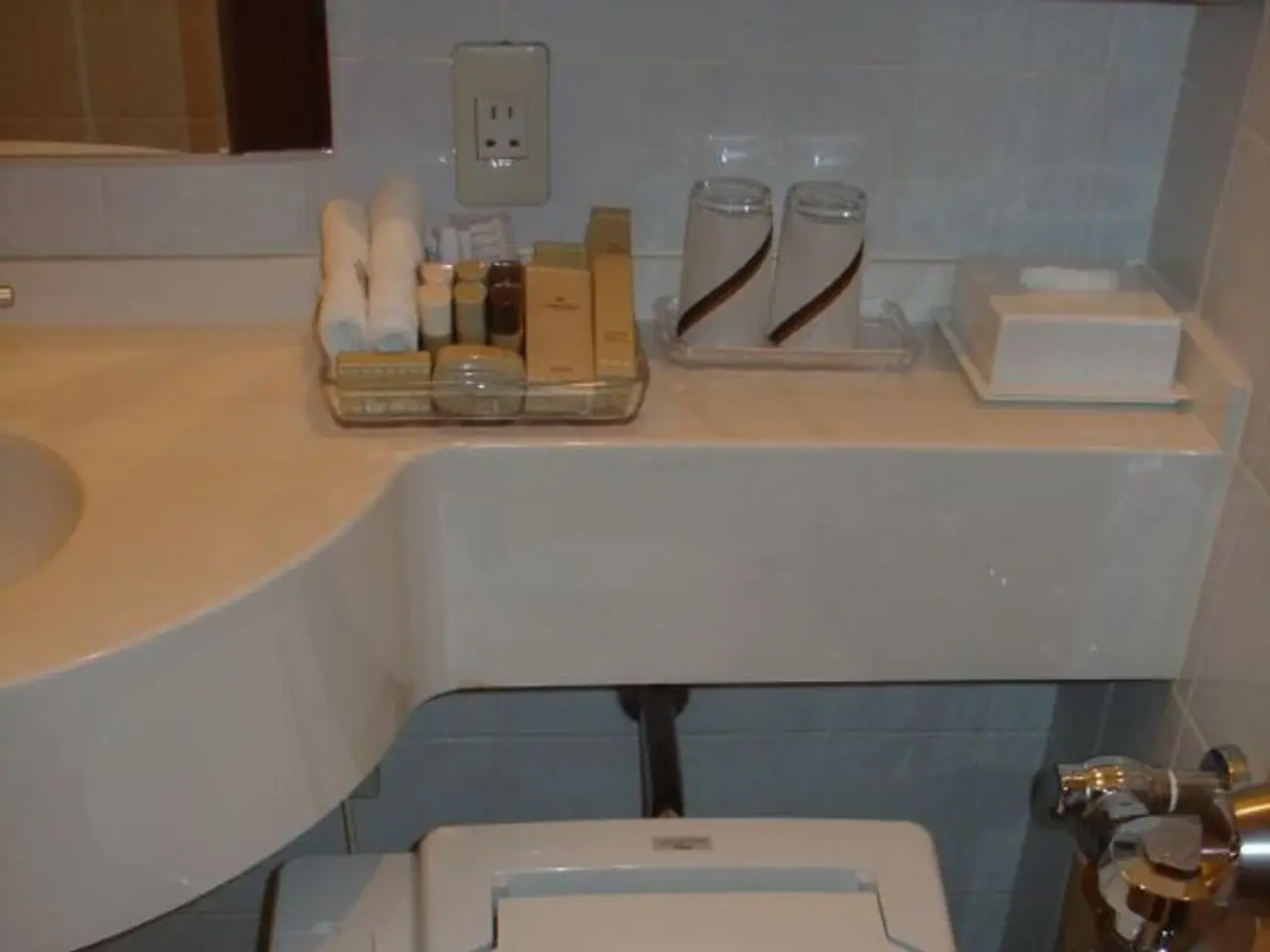Breast Density: Signs, Predispositions, and Diagnostic Procedures
In the realm of breast health, the density of breast tissue plays a significant role, often going unnoticed by many. Doctors categorise breast tissue density into four categories: mostly fatty, scattered density, consistent density, and extremely dense. This article delves into the implications of having dense breast tissue, particularly its impact on breast cancer screening and diagnosis.
One of the key concerns is the reduced effectiveness of mammography, a common screening tool. Dense breast tissue can obscure tumours, making them harder to identify, potentially leading to false reassurance with a negative mammogram when cancer is present [2][3].
Moreover, women with dense breasts are more likely to experience false-positive mammography results, which can lead to unnecessary biopsies and additional tests, causing anxiety and stress [4]. To address this, additional imaging techniques such as ultrasound or MRI may be required, which can increase healthcare costs and the need for more frequent screenings [1][3].
The difficulty in detecting abnormalities in dense breasts can sometimes result in delayed diagnosis, which might affect treatment outcomes [2]. The uncertainty and need for additional testing can lead to increased anxiety and stress for individuals with dense breast tissue.
It's important to note that dense breast tissue itself does not directly cause other health issues. However, it is associated with an increased risk of breast cancer [1]. People with dense breasts who have breast cancer in a single breast have a higher risk of developing the condition in the other breast.
Different imaging techniques, such as MRI scans, ultrasounds, breast tomosynthesis, and breast MRI, can help clarify the results of a mammography scan for people with dense breast tissue. However, a breast MRI is more expensive and has a higher likelihood of false-positive results, but it may be suggested for those with a higher-than-average lifetime risk of breast cancer, such as those with a family history or genetic mutation.
To help address this issue, more than 20 states have passed laws requiring radiologists to inform people of a diagnosis of dense breasts. The American College of Physicians, American Cancer Society, and American College of Radiology have different guidelines for when to start breast cancer screenings, but all agree that people aged 40 years and above should consult with a doctor about a possible screening schedule.
An estimated 40-74% of women ages 40-74 years have dense breasts. While maintaining a healthy weight, engaging in regular physical activity, refraining from smoking, limiting alcohol intake, and other lifestyle choices may help reduce the risk of breast cancer, treatment for dense breast tissue is not available.
In conclusion, while dense breast tissue does not directly cause other health issues, its implications on breast cancer screening and diagnosis can have broader impacts on health management and well-being. It is crucial for individuals to be aware of their breast tissue density and to discuss screening options with their healthcare provider.
- In breast health, dense tissue can obscure tumors during mammogram screenings, potentially leading to false reassurance.
- Women with dense breasts are more likely to experience false-positive results, causing unnecessary biopsies and additional stress.
- Delayed diagnosis due to dense breast tissue can affect treatment outcomes, leading to increased anxiety and stress.
- Dense tissue is associated with an increased risk of breast cancer and a higher risk of developing cancer in the other breast for those who already have it in one breast.
- MRI scans, ultrasounds, breast tomosynthesis, and breast MRI can help clarify mammography results for people with dense breast tissue, but a breast MRI is more expensive and has a higher likelihood of false-positive results.
- Nearly half of women aged 40-74 years have dense breasts; while lifestyle choices may reduce the risk of breast cancer, treatment for dense breast tissue is not available.
- Laws have been passed in over 20 states requiring radiologists to inform people of a diagnosis of dense breasts, and organizations recommend consultations with healthcare providers about screening schedules for people aged 40 years and above.
- Awareness of breast tissue density and regular discussions with healthcare providers about screening options are crucial for individuals to maintain their health and well-being, including mental health and women's health concerns such as menopause and skin care.




